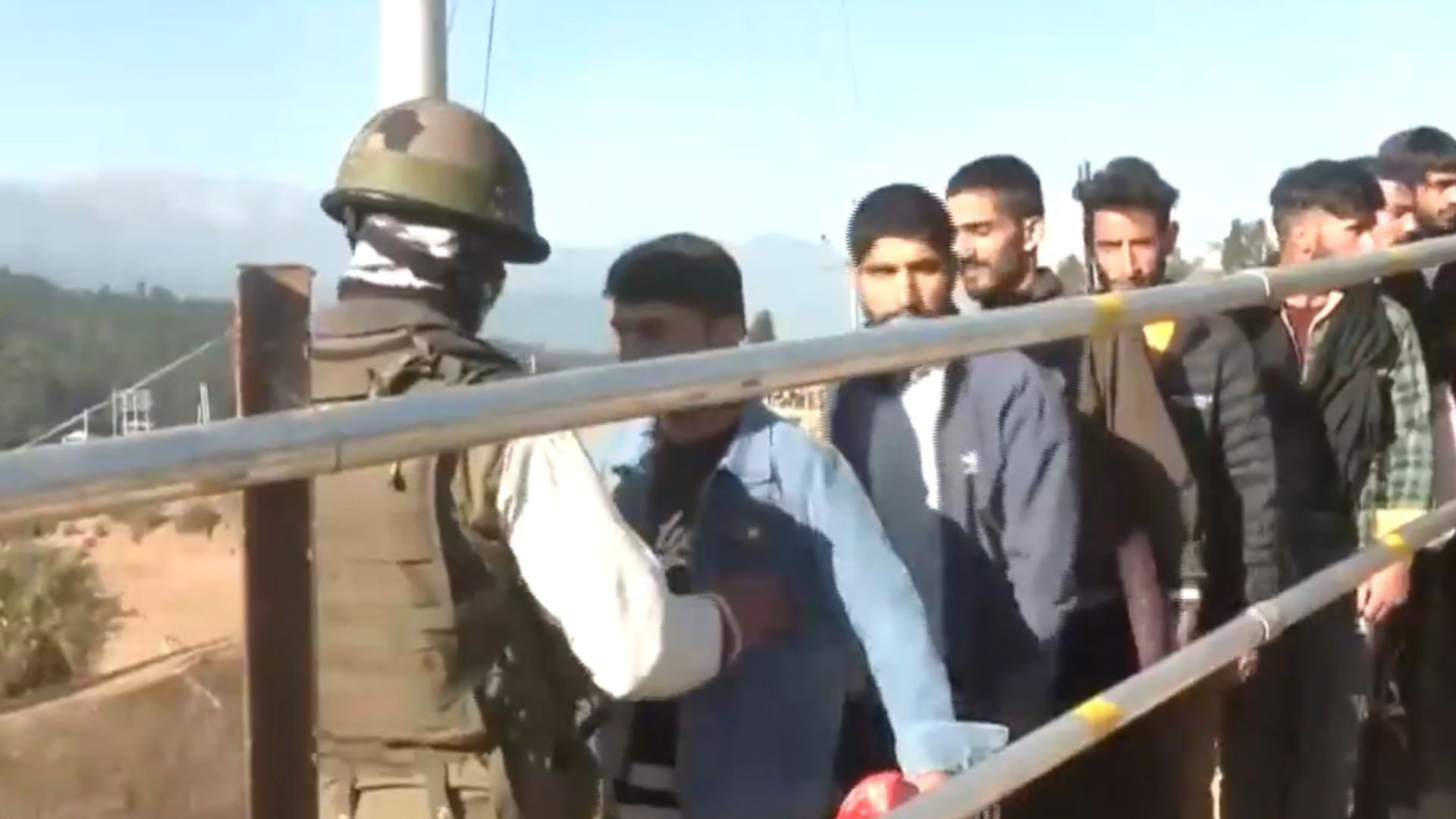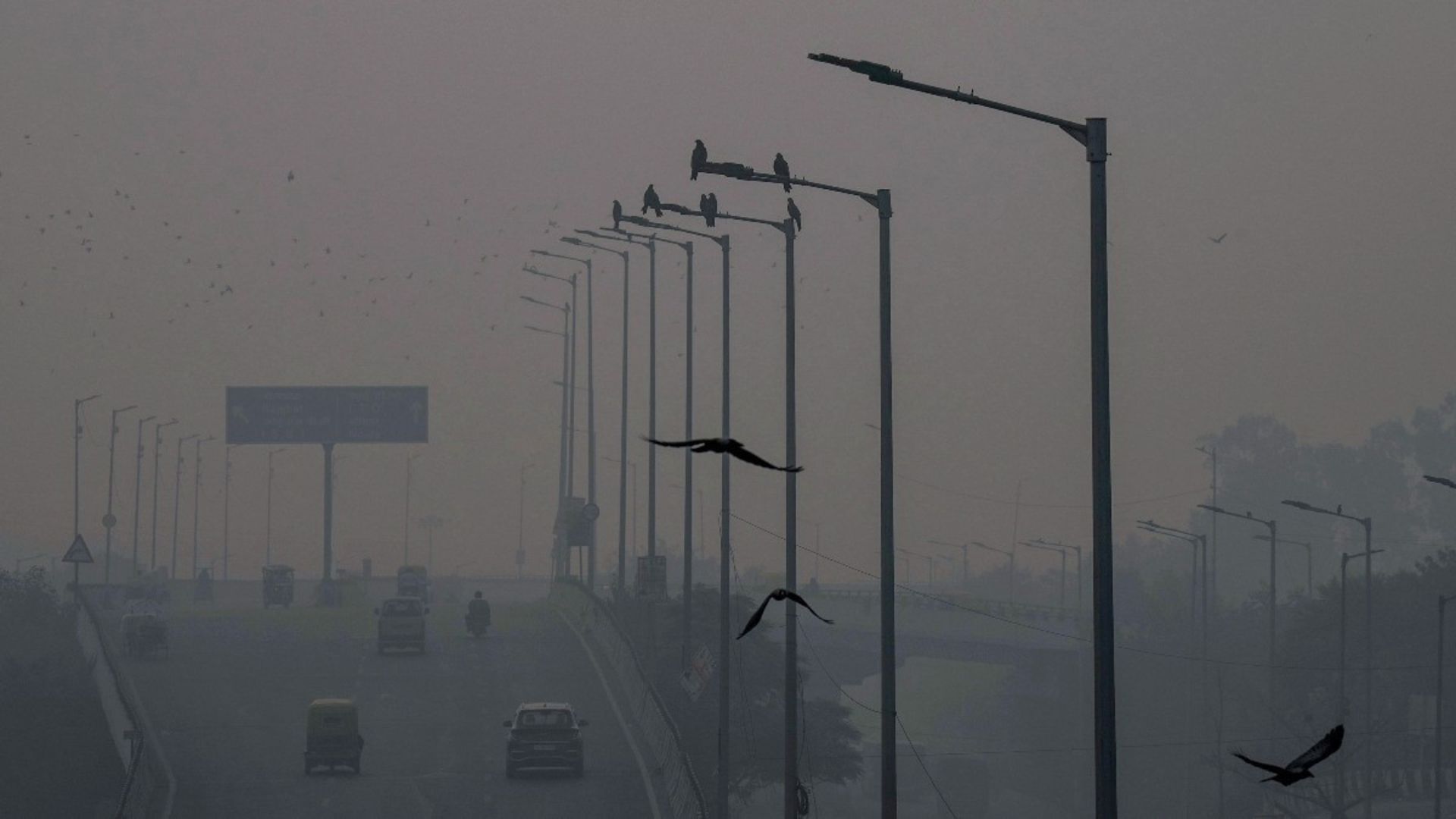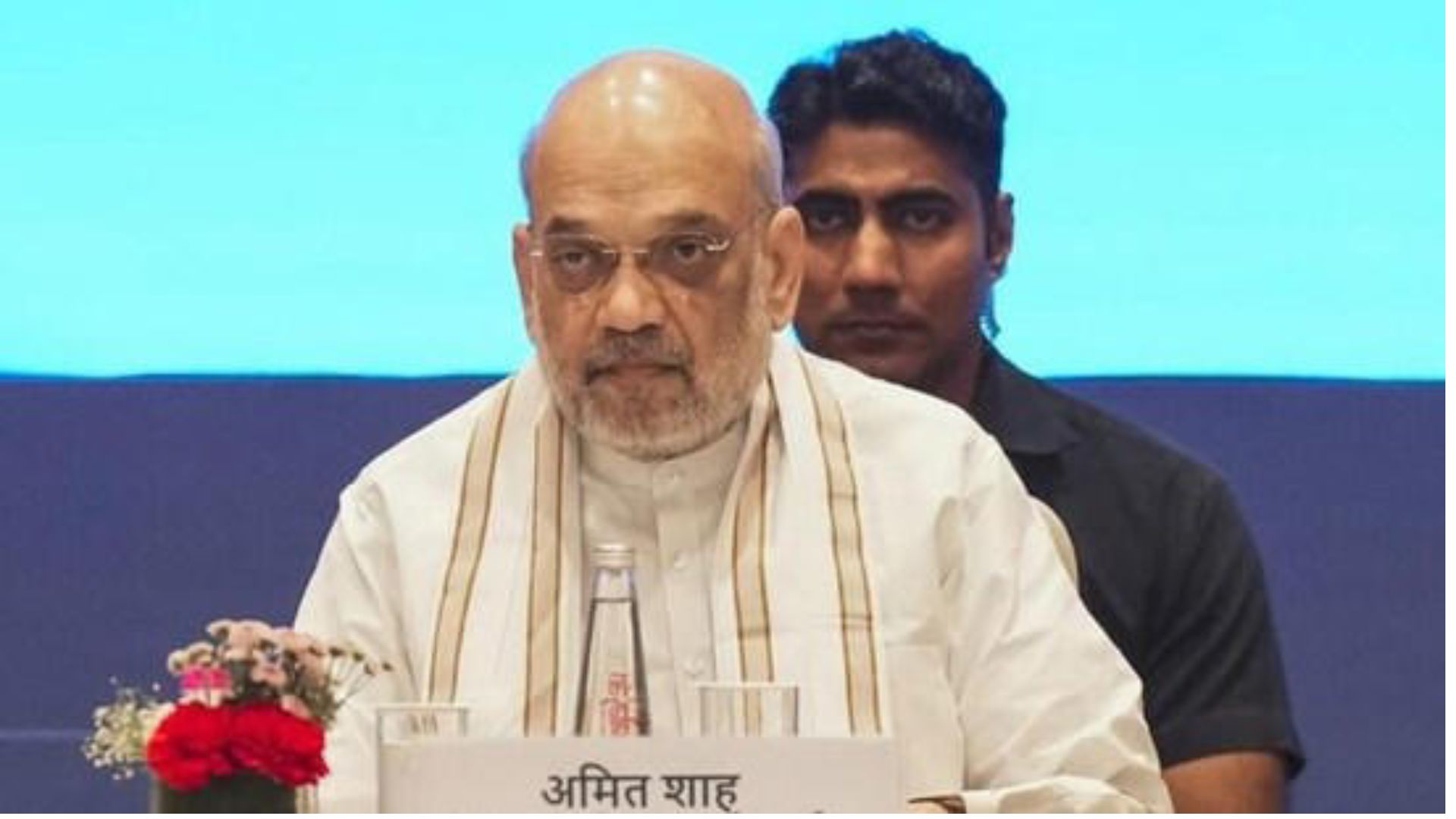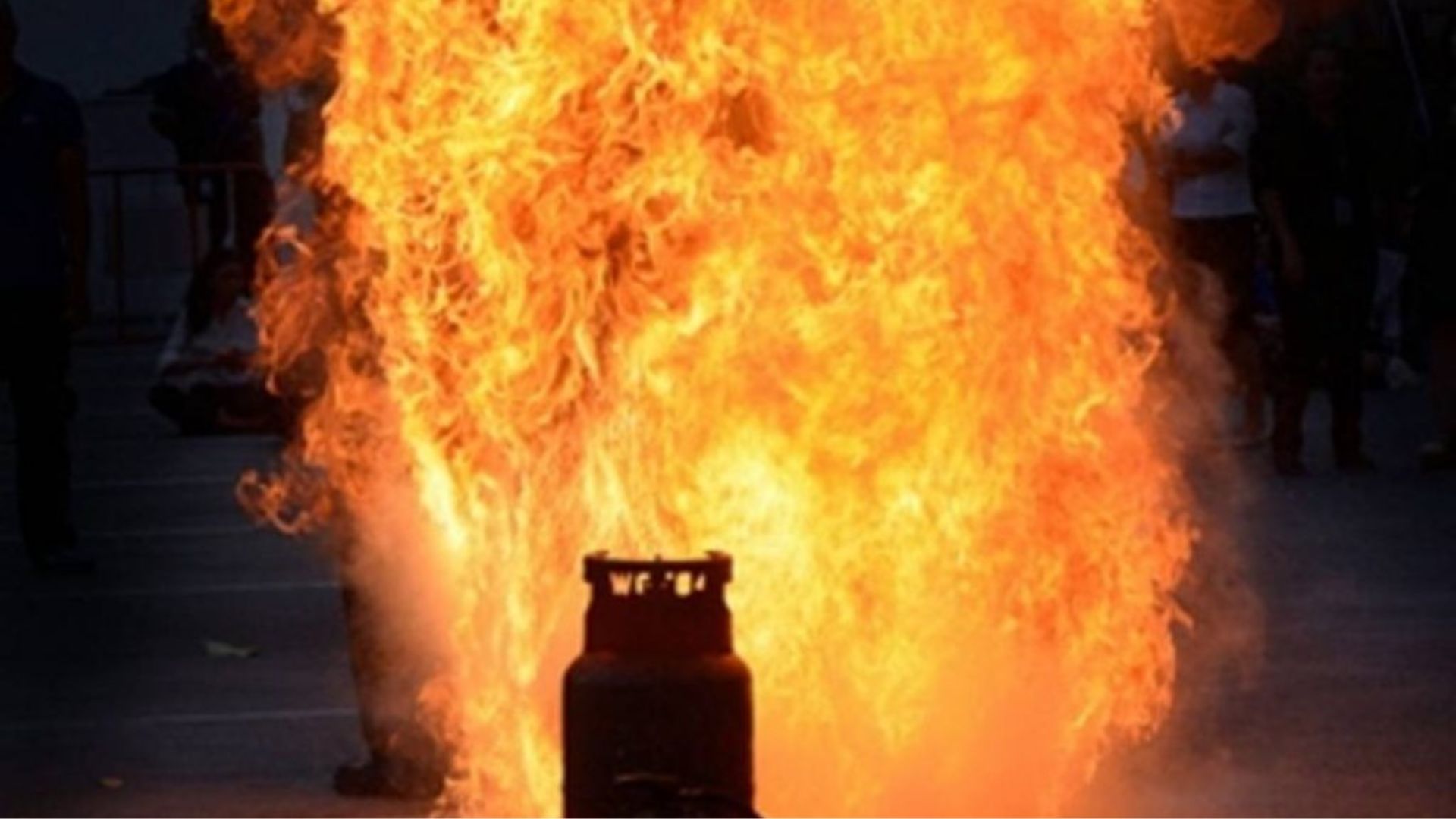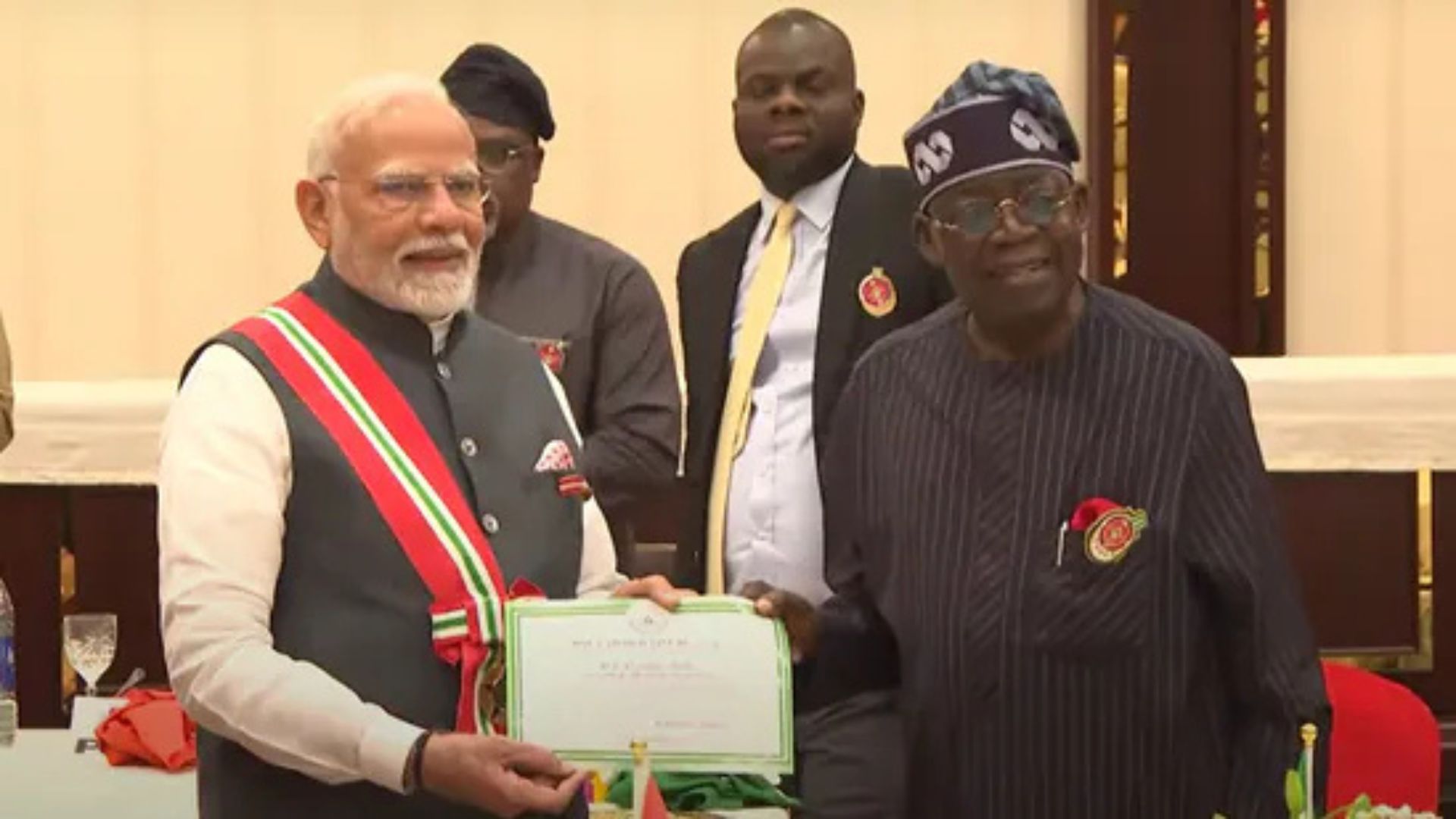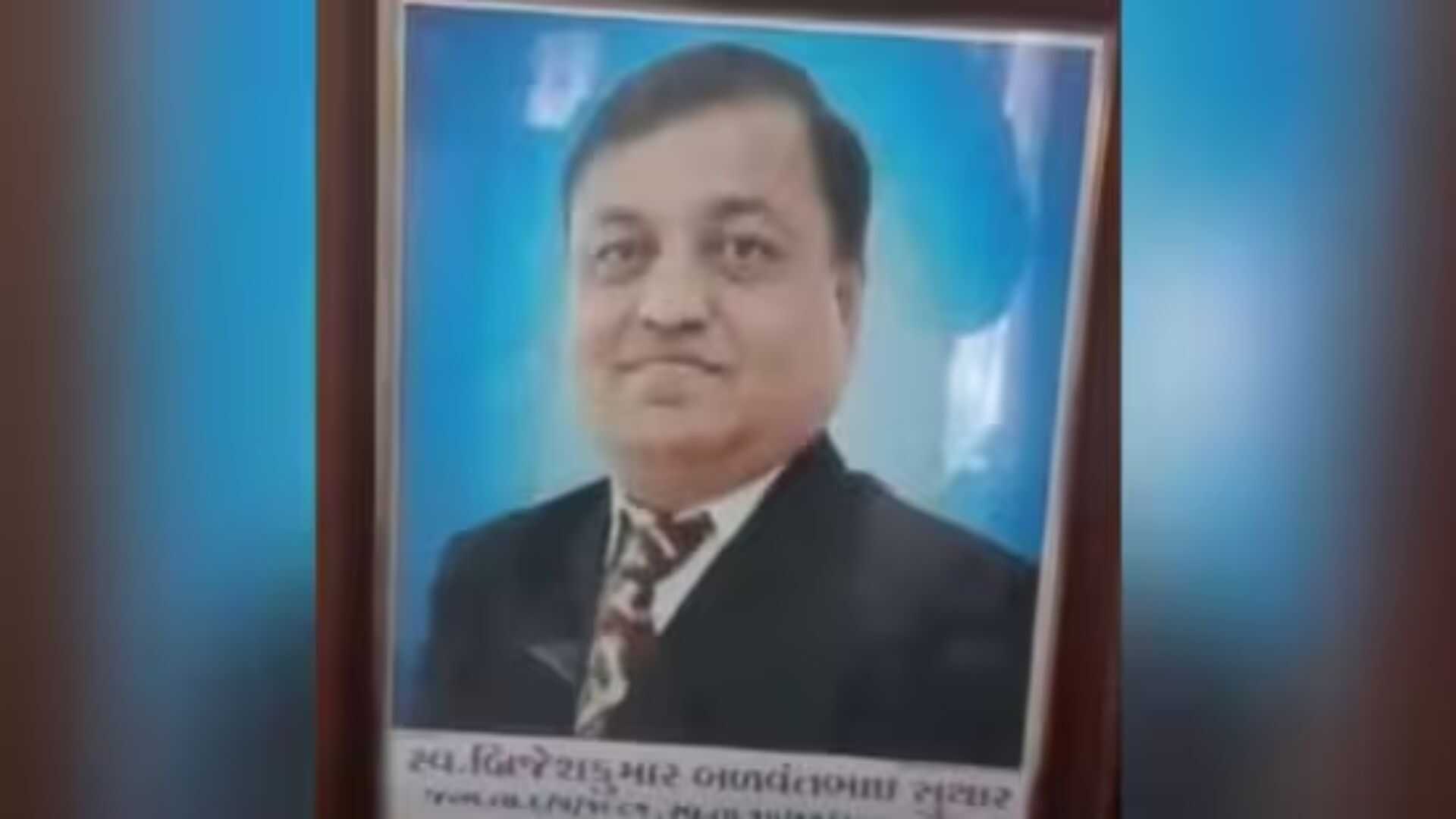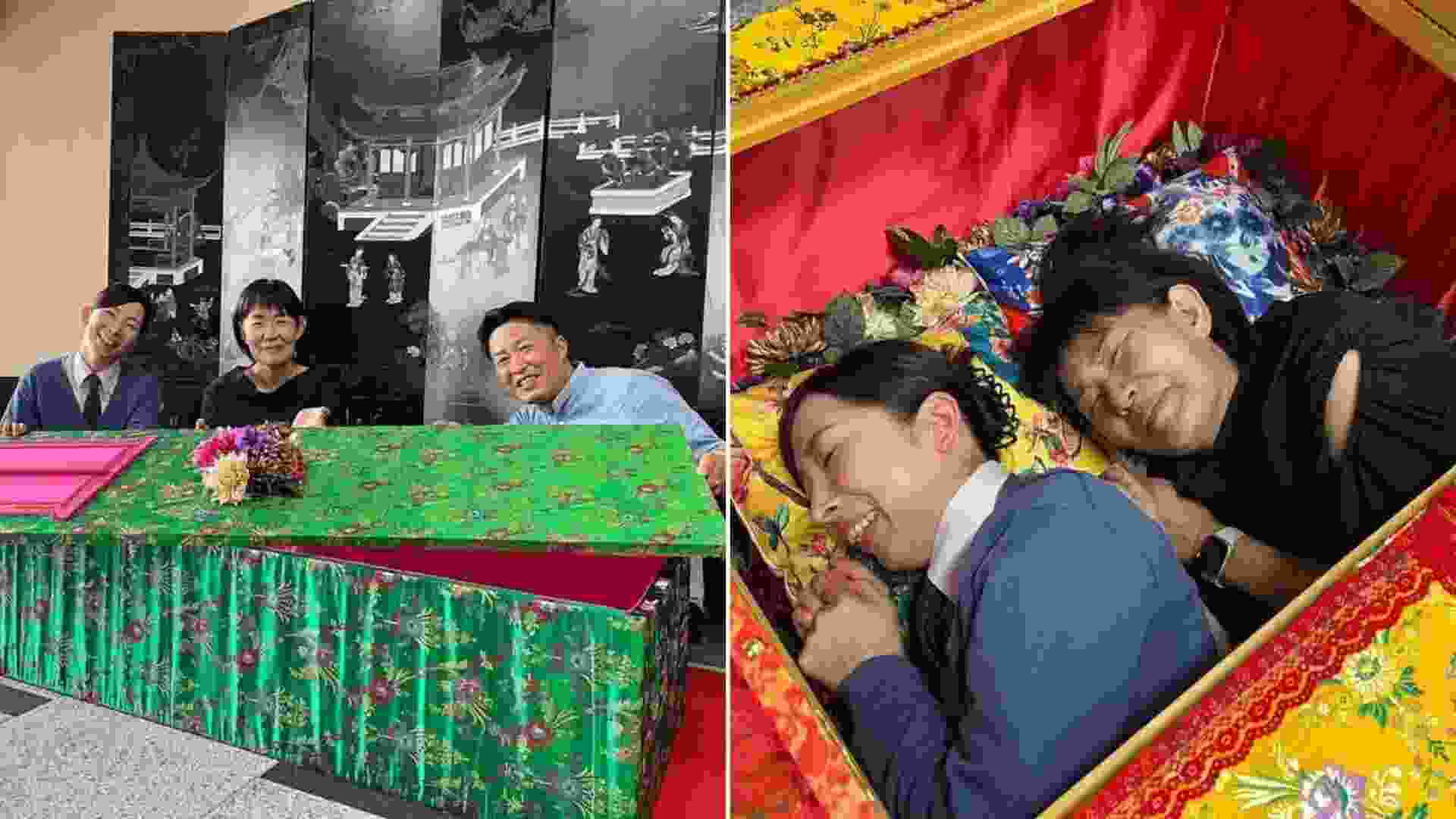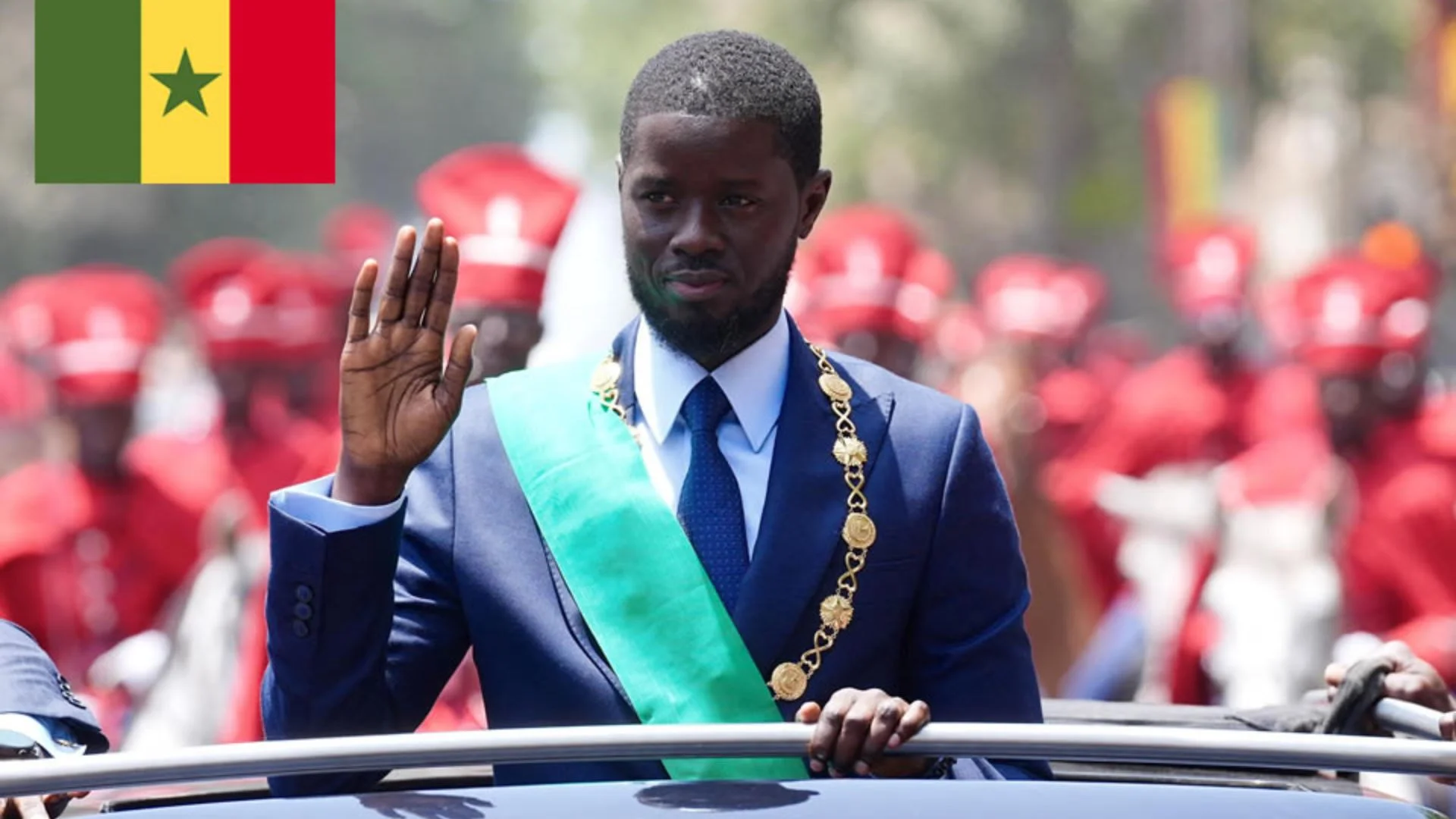
Six months after taking office with promises of sweeping reforms, Senegalese President Bassirou Diomaye Faye finds himself entangled in a deepening political crisis. Despite his ambitious agenda, the country remains in economic distress, and a power struggle between the presidency and the parliament has escalated, threatening to destabilize the nation further.
The tension centers on Faye’s appointment of Ousmane Sonko as Prime Minister, a move that has been met with strong opposition from the parliament, which is still dominated by the party of Faye’s predecessor, Macky Sall. The parliament has refused to acknowledge Sonko’s position, arguing that the role of prime minister, which was abolished in 2019 under Sall, was never formally reinstated by the legislative body despite its nominal restoration in 2021.
As a result, Sonko has been unable to present his policy agenda to the parliament, deepening the deadlock. Thierno Alassane Sall, leader of the parliamentary majority, has publicly questioned Sonko’s legitimacy, accusing him of trying to impose his authority without an electoral mandate. This impasse has led President Faye to announce his intention to dissolve the parliament in the coming days, paving the way for fresh elections. However, under Senegalese law, the parliament cannot be dissolved until after September 12, as it is required to have sat for at least two years before such action can be taken.
Meanwhile, Senegal’s socioeconomic challenges persist, with the national debt exceeding 72% of GDP and one-third of the youth population unemployed. Faye, who rose to power on a platform of leftist, anti-establishment, and pan-African ideals, now faces criticism for failing to deliver on his promises. His efforts to mediate regional conflicts in West Africa and reassess Senegal’s relationship with France have been viewed by some as distractions from pressing domestic issues. Moreover, Faye has been accused of the same cronyism that plagued the previous administration, with nearly half of his appointments allegedly based on party affiliation rather than merit.
As Senegal grapples with this political and economic turmoil, the country’s future remains uncertain, with many questioning whether Faye can fulfill the expectations he set during his campaign.
